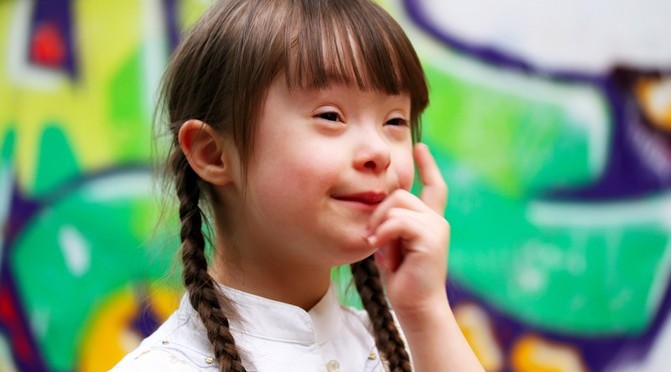In the United Kingdom, more women are having abortions after using a blood test that can detect genetic conditions like Down syndrome. In 2011, the test became available and since then the number of abortions has increased by 34%.
According to the Daily Mail, the numbers were released by the Department of Health and found that in 2014, 3,100 women had abortions due to medical problems, and of those most were on babies with Down syndrome. They also found that more abortions were performed on babies with cleft palate, which is a facial and oral malformation that is totally treatable.
The director of the group Antenatal Results and Choices, Jane Fisher, said the following about the new tests connection to abortion: “Non-invasive prenatal testing has undoubtedly made a difference to the abortion figures. Women tell us every day they are accessing the new blood tests privately, and this is likely to have led to a higher detection of chromosomal abnormalities and contributed to the rise in the number of terminations for these indications. The reason we also know it’s made a difference is by looking at the statistics for invasive testing which have come down dramatically. It’s important to remember that these blood tests are screening, not diagnostic tests – so women found to be high-risk should have an amniocentesis to confirm any potential genetic abnormality.”
Currently, the test is available through private clinics and analyzes samples of the unborn child’s DNA that’s found in the mother’s blood. The test is popular because it doesn’t put the child at risk, unlike invasive amniocentesis test, which has a one-in-100 risk of miscarriage. Additionally, the test claims to be 99% accurate and sometimes the National Health Service refers high-risk women who refuse amnio tests to private clinics for testing.
Although most of the medical community praises the new screening, fetal medicine specialist Dr. Bryan Beattie, aired a different perspective on the testing. He said, “The real issue next, in around two or three years’ time, will be an ethical one – where do you stop? Do you screen for breast cancer genes, for Huntington’s – or taking it a step further, test for eye and hair colour?” He also said that at his facility, the Innermost Healthcare Clinic in Wales, they see 50-60 women a day that want screening for their unborn babies.
Click here to sign up for daily pro-life news alerts from LifeNews.com
He added, “We have a number of women where a structural abnormality or potential chromosomal problem has been detected at their scan and they don’t want an invasive test because of the miscarriage risk. Some, of course, end that pregnancy because of their results – but not all. Some are just happy to know what they’re facing.”
Hayley Goleniowska is a mother of a child with Down syndrome and shared her concerns about the new blood test. She said, “I fear it will lead to a larger abortion rate of babies with Down’s. In quieter moments I weep to think of what we could lose. Women need unbiased information – it’s not the test that worries me, it’s how it is implemented.”
Unfortunately, the study also revealed that more women than ever are having abortions after 24-weeks due to medical reasons. As LifeNews previously reported, after 20 weeks an unborn baby has the capacity to feel pain and the most common abortion procedure at this age is the dismemberment abortion. In 2011, there were 146 abortions in the United Kingdom after this stage; but in 2014, there were 211, which is a 44% increase.
The tests could become commonplace in the United Kingdom if the National Screening Committee is satisfied with the results of trial data related to the screening. If implemented as the standard, it is likely that more babies with Downs and other rare genetic abnormalities will die in abortions.








